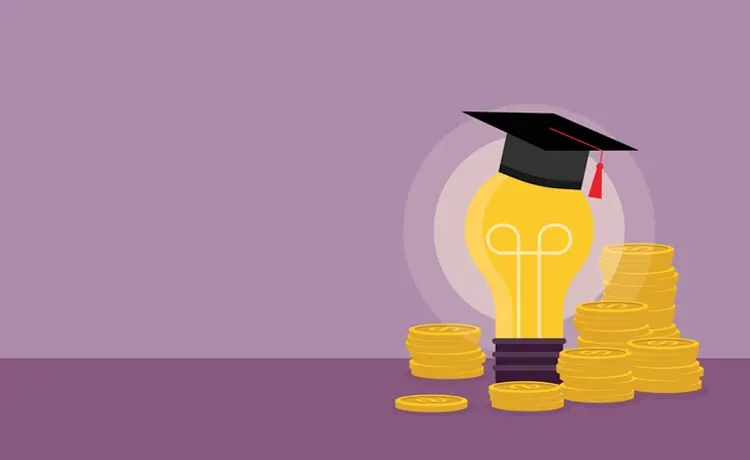Are the students in your community aware that paying off their student loans responsibly can be one way to establish credit history, which can lead to opportunities for other financial commitments such as car loans and mortgages? Community members that have student loans should know that their student loan amounts and payment history will go on their credit report. Encourage them to make their payments on time in order to help their credit score. Make sure they know that if they fail to make their payments that it will hurt their credit score.
Help Get Students Started on Their Loan Payments
Whether you have community members that are still in school or who have already graduated, it's important for them to start planning how they will repay their student loans. To ensure their payments are manageable, encourage them to find out about repayment plans. They should already be aware that for every Federal student loan they received, their school or loan servicer provided them with information about it, which allows them to find out the current balance for each loan. Encourage them to review their borrowing history and to make note of the amount they originally borrowed. Make sure students know about their “grace period" and that they understand that this is a period of time designed to help them get financially settled before they have to start repaying their student loans, and that it takes effect:
- After graduation.
- After leaving school.
- When they drop below half-time enrollment.
Make sure they understand that after their grace period is over, that they will have to start making payments right away and stress the importance of not missing any payments.
Remind Your Students: Establishing a good credit history and credit score now can help them get credit at lower interest rates in the future.
Tips for Students to Help them Pay off Their Loans – Share This List With Them
- Get a copy of your credit report. Take a good look at it. Make sure the information is accurate, complete and up to date. You can get a copy of your report directly from any of the three consumer reporting companies: Equifax, Experian and TransUnion. If you find a mistake on your credit report, tell the consumer reporting company (in writing) what information is wrong.
- Know your credit score and what it means. Credit scoring is a lender’s method of determining whether to give you credit and how much to charge you for it. Your score helps predict how credit-worthy you are – how likely you will repay a loan and make the payments on time. As your information changes, so will your score. Each month, as you pay your bills, open new accounts or close old accounts, your score changes.
- Pay your bills on time. Do it consistently, over a long period of time.
- Don’t carry high balances. How much you owe could be just as bad as paying your bills late.
- Establish a good credit history. Generally, the longer you’ve been managing credit, the higher your score.
- Avoid applying for credit if you don’t need it. Each time you apply for credit, an inquiry is made on your account. Each time an inquiry is made, it’s logged on your credit report and it affects your score.
- Don’t close your accounts just to improve your score. Closed accounts don’t disappear from your credit score.
To help students in your community find more information on paying off student loans, suggest they visit Federal Student Aid, MyMoney.gov and the Consumer Financial Protection Bureau. For more information on various financial topics, browse the QuickSeries® library of guides, including 10-Step Spending Plan and Becoming Debt-Free. Do you need a customized outreach product? Reach out to an Account Manager today!
